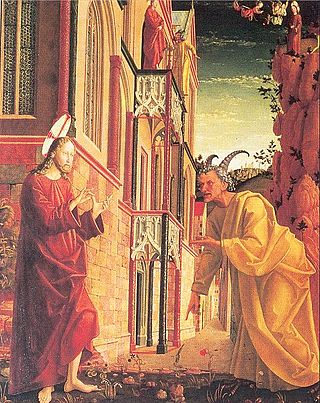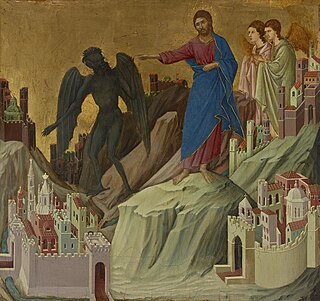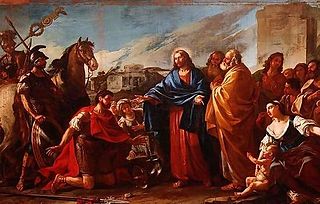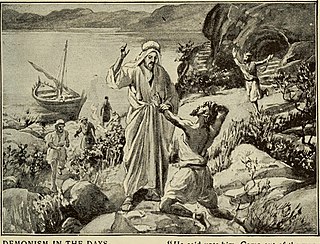Glossa Ordinaria: (ap. Anselm.) Because preachers should have good testimony from those who are without, lest if their life is open to censure, their preaching be contemned, he adds, And the fame of him went abroad through all Syria.
Rabanus Maurus: Syria here is all the region from Euphrates to the Great sea, from Cappadocia to Egypt, in which is the country of Palestine, inhabited by Jews.
Chrysostom: Observe the reserve of the Evangelist; he does not give an account of any one of the various cases of healing, but passes in one brief phrase an abundance of miracles, they brought to him all their sick.
Remigius: By these he would have us understand various but slighter diseases; but when he says, seized with divers sicknesses and torments, he would have those understood, of whom it is subjoined, and who had dæmons.
Glossa Ordinaria: ‘Sickness’ means a lasting ailment; ‘torment’ is an acute pain, as pleurisy, and such like; they who had dæmons are they who were tormented by the dæmons.
Remigius: ‘Lunatics’ are so-called from the moon; for as it waxes in its monthly seasons they are tormented.
Jerome: Not really smitten by the moon, but who were believed to be so through the subtlety of the dæmons, who by observing the seasons of the moon, sought to bring an evil report against the creature, that it might redound to the blasphemy of the Creator.
Augustine: (De Civ. Dei, xxi. 6.) Dæmons are enticed to take up their abode in many creatures, (created not by themselves but God,) by delights adapted to their various natures; not that they are animals, drawn by meats; but spirits attracted by signs which agree with each one's taste.
Rabanus Maurus: Paralytics are those whose bodies have their nerves slackened or resolved from a Greek word, signifying this.
Pseudo-Chrysostom: In some places it is, He cured many; but here, He cured them, meaning ‘all;’ as a new physician first entering a town cures all who come to him. to beget a good opinion concerning himself.
Chrysostom: He requires no direct profession of faith from them, both because He had not yet given them any proofs of His miraculous power, and because in bringing their sick from far they had shown no small faith.















